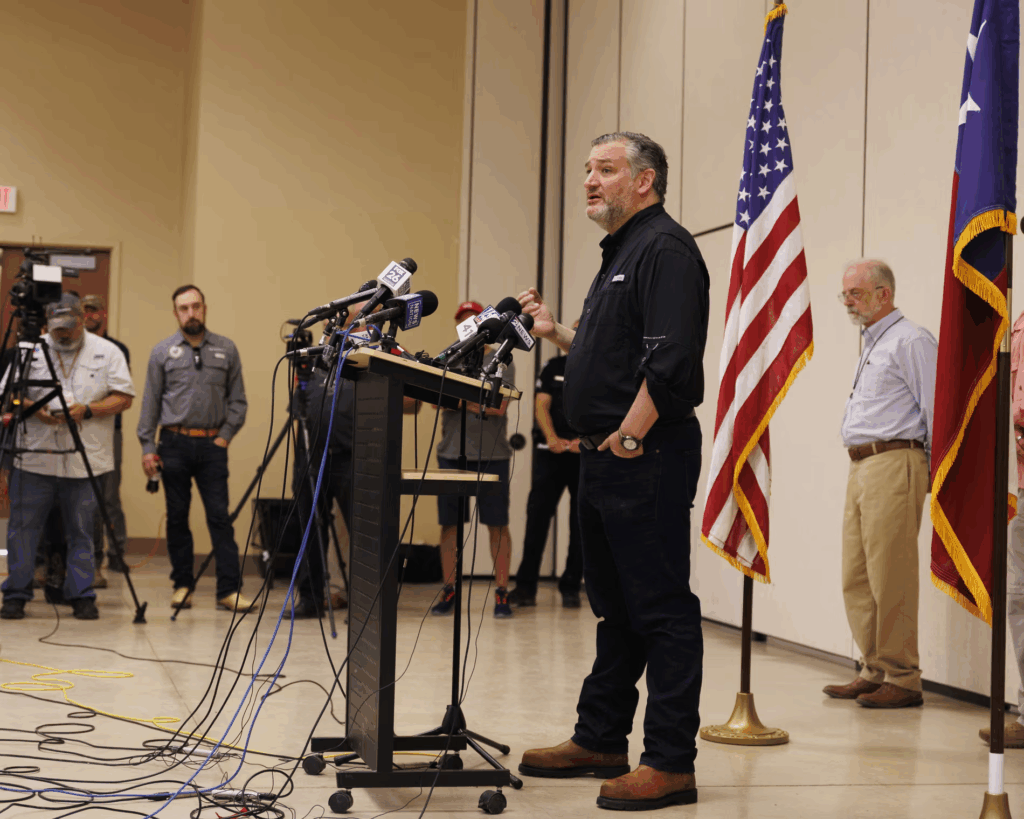In a significant development that has raised concerns among scientists and climate experts, Senator Ted Cruz played a key role in ensuring that the recent government spending bill, backed by the Trump administration, included substantial cuts to weather forecasting funding.

The recent government appropriations package aimed to allocate funds across various federal agencies and programs. While it sought to address multiple priorities, critics have pointed out that a notable portion of the bill’s provisions involved reducing budgets for weather and climate-related services.

Senator Ted Cruz, a prominent Republican from Texas, was instrumental in advocating for budget reductions in certain areas, including the National Oceanic and Atmospheric Administration (NOAA) and other agencies responsible for weather forecasting and climate research. His support helped ensure that the bill included provisions that would slash funding for these critical services.

Experts warn that cuts to weather forecasting budgets could have serious consequences for public safety and emergency response. Accurate and timely weather predictions are vital for preparing communities for hurricanes, tornadoes, floods, and other natural disasters. Reduced funding may lead to less advanced technology, fewer research initiatives, and diminished capacity to monitor and predict severe weather events.
Meteorologists and climate scientists have expressed concern over the potential setbacks in weather prediction accuracy. They argue that investing in weather forecasting is essential for safeguarding lives and property, especially in disaster-prone regions like Texas and the Gulf Coast.

Conversely, some policymakers, including Cruz, contend that budget priorities should be scrutinized and that spending should be streamlined to reduce government waste. They argue that these cuts are necessary to control federal expenditures and promote fiscal responsibility.